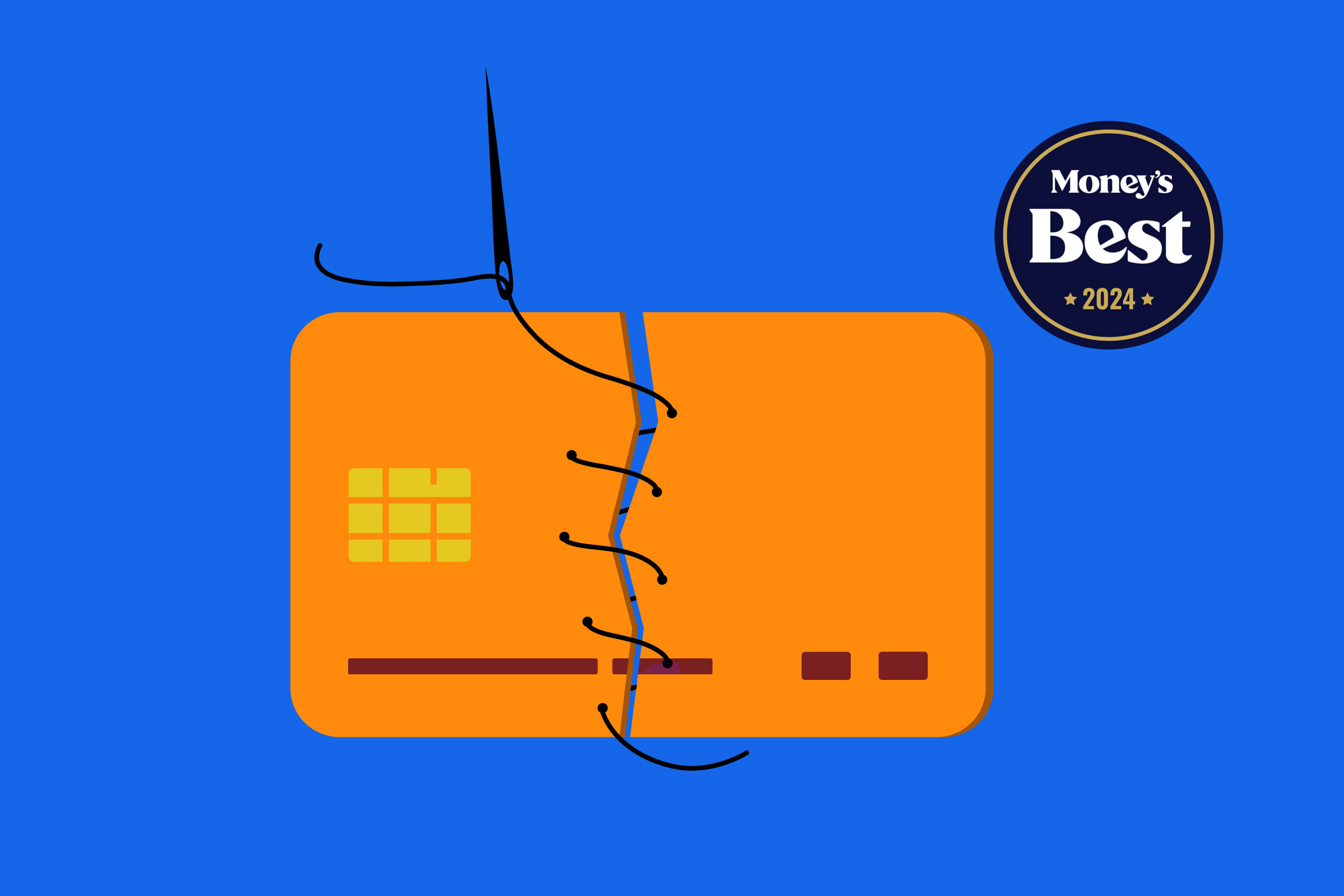- Financial Maverick
- Posts
- Side Gig Money, Why Crypto Won't Die, and SME Blueprint Success
Side Gig Money, Why Crypto Won't Die, and SME Blueprint Success
Key to Success in 2024? Offering More Without Doing More Work
Good morning. It's Wednesday, March. 06 and we're covering why your grocery bills are going up (and are only expected to get bigger), a blueprint for SME success through proactive financial planning, how real estate agents are using AI, and much more.
First time reading? Sign up here.
Stock Market Update
Market Performance: March 05, 2024.
US stocks closed in a sea of red on Tuesday, pulling further away from record highs as uncertainty over interest rate cuts and a shakeup in "Magnificent Seven" stocks brought a note of wariness to the market.
Contracts on the tech-heavy Nasdaq Composite (^IXIC) led the day's declines, sinking about 1.7% as a retreat in Apple (AAPL) and Tesla (TSLA) continued to drag on stocks more widely. Both the S&P 500 (^GSPC) and Dow Jones Industrial Average (^DJI) closed down more than 1%.
Apple came under pressure after a report that iPhone sales fell 24% in China, adding to Monday's loss in the wake of a $2 billion EU antitrust fine. Tesla continued to slump as a shutdown at its Berlin Gigafactory added to concerns over a shipment slump and a Chinese price war.
Bitcoin (BTC-USD) reached a fresh all-time high, briefly surpassing its previous record of $68,789 from November 2021. However, the cryptocurrency experienced a sizable drop shortly after, plummeting 10% to trade just around $62,000 a coin.
Financial Maverick Insights
Why Your Grocery Bills Are Going Up (And Are Only Expected to Get Bigger)
Americans spent a lot of money on groceries over the past year—and it isn’t just because they were eating more meals at home. According to the Bureau of Labor Statistics, food prices jumped 3.9 percent in 2020, nearly triple the rate of inflation.
Unfortunately, this trend seems poised to continue. The US Department of Agriculture estimates grocery bills could increase by another 3 percent in 2021, while some experts are betting on even longer-term problems.
Shoppers are already feeling the crunch. Long Island resident John Kermaj recently told NBC News, “We used to buy this stuff for $30. Now it's $60.” Diet staples like wheat, corn, soybeans, and meat are among the products seeing the sharpest price uptick. Meat shot up 5.5 percent last year, and prices for fruits like apples, strawberries, and citrus went up by 11.3 percent.
Before the pandemic, the number of Americans experiencing food insecurity had been steadily falling. That trend was reversed last year. Northwestern University researchers estimate that food insecurity doubled during this time—placing 23 percent of households in danger of going hungry. It is likely this problem will only worsen as the cost of food continues to grow.
So, what’s causing the spike? A perfect storm, really. Bad weather, stockpiling, increased demand from China, global shipping interruptions, and inflation caused by the extreme money printing by central banks all get honorable mentions. But a significant number of the factors to blame can be traced back to the government’s lockdowns and regulatory policies.
The current food price spikes, and the resulting food instability issues they have fueled, are only the latest in a long line of consequences Americans have suffered as a result of the government’s attempts at solutions in 2020.
Navigating 2024: A blueprint for SME success through proactive financial planning
While SMEs contribute significantly to the economy, with them accounting for more than 60% of the job force, recent reports suggest that nearly 47,000 businesses are at risk of going under due to escalating costs, production prices and inflation. In this volatile environment, effective financial planning becomes the linchpin for sustainability and growth.
The importance of detailed budgeting and cashflow understanding
Contrary to popular belief, poorly managed cash flow is often a symptom, not the cause, of small business failure. To fortify their financial foundations, SME owners must first create a clear separation between personal and business expenses. Utilising business accounts, such as those offered by traditional banks or nimble challengers, ensures not only streamlined bookkeeping but also shields personal assets from business liabilities.
Smart inventory management and invoicing strategies
Understanding the customer base and factors that may impact on their purchase patterns could be crucial for success when it comes to unnecessary cash burners, such as staffing and excess stock and inventory costs.
Investing in technology for financial analysis
Investing in technology and utilising accounting and other cash flow management software streamlines daily tasks to manage time more cost-effectively and aids in comprehensive financial analysis. These tools empower SME owners to understand their income statements, balance sheets, and business ratios – crucial metrics that lenders evaluate during financing decisions. Seamless integration of technology allows for real-time tracking of cash flow, fostering informed decision-making.
Unlocking government grants
Government grants can serve as a crucial lifeline for SMEs, particularly in times of economic uncertainty. As demonstrated by recent initiatives addressing the impact of the pandemic, SMEs must actively engage with local councils to explore available funding opportunities.
Real Estate News
Personal Finance Tips
Alternative Investing
Do you need to make extra side gig money? |
Reach Over 100,000 Financial Mavericks
Advertise with Financial Maverick to get your brand in front of the Financial Gurus in the world. The Mavericks are high-income and highly knowledge people who are always looking for an interesting product or tool.
Calling all Financial Mavericks! To help out a family and friend in need by sharing this newsletter. Tell you what if you ever wanted to be a Hero, Financial Guru, or a Nice Person this is your time!
DISCLAIMER: None of this is financial advice. This newsletter is strictly educational and is not investment advice or a solicitation to buy or sell any assets or to make any financial decisions. Please be careful and do your own research.







